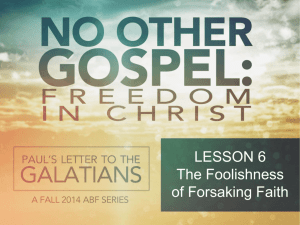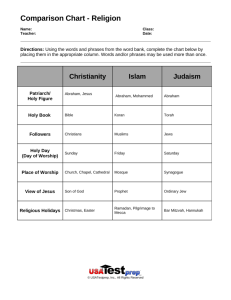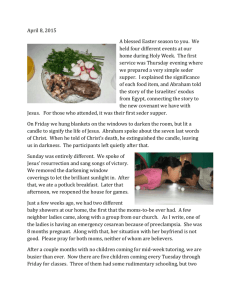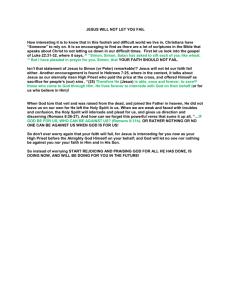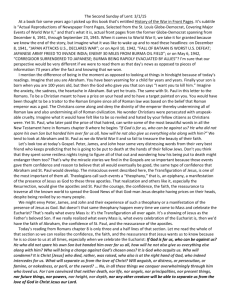Jonathan Sacks, the former Chief Rabbi is one of the great religious
advertisement
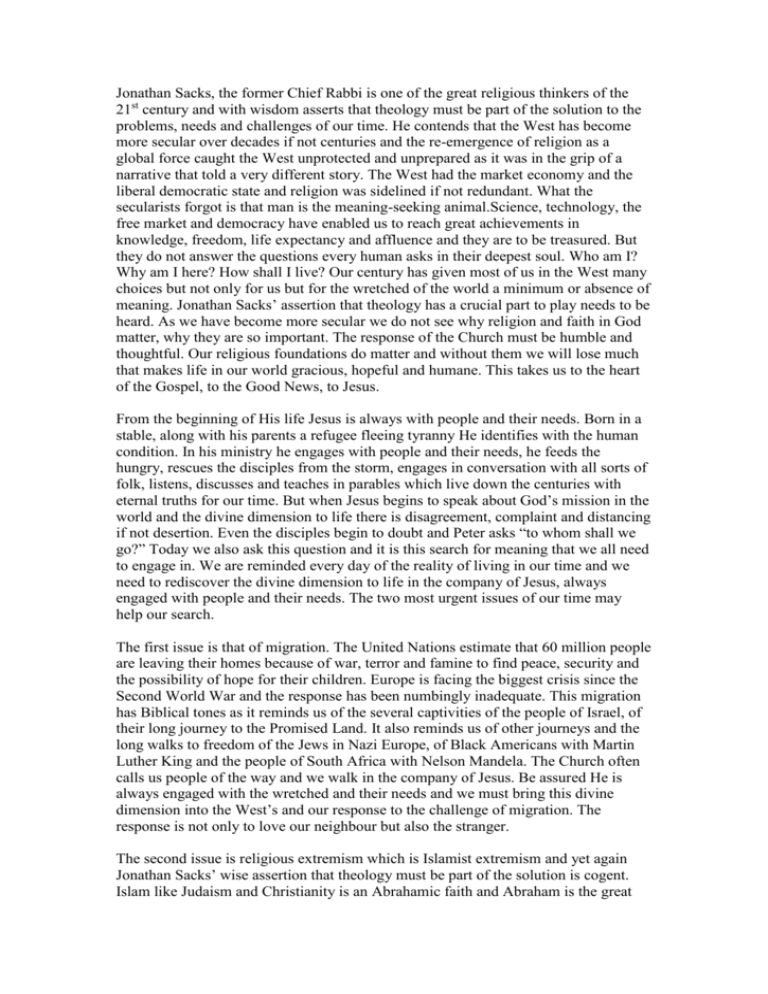
Jonathan Sacks, the former Chief Rabbi is one of the great religious thinkers of the 21st century and with wisdom asserts that theology must be part of the solution to the problems, needs and challenges of our time. He contends that the West has become more secular over decades if not centuries and the re-emergence of religion as a global force caught the West unprotected and unprepared as it was in the grip of a narrative that told a very different story. The West had the market economy and the liberal democratic state and religion was sidelined if not redundant. What the secularists forgot is that man is the meaning-seeking animal.Science, technology, the free market and democracy have enabled us to reach great achievements in knowledge, freedom, life expectancy and affluence and they are to be treasured. But they do not answer the questions every human asks in their deepest soul. Who am I? Why am I here? How shall I live? Our century has given most of us in the West many choices but not only for us but for the wretched of the world a minimum or absence of meaning. Jonathan Sacks’ assertion that theology has a crucial part to play needs to be heard. As we have become more secular we do not see why religion and faith in God matter, why they are so important. The response of the Church must be humble and thoughtful. Our religious foundations do matter and without them we will lose much that makes life in our world gracious, hopeful and humane. This takes us to the heart of the Gospel, to the Good News, to Jesus. From the beginning of His life Jesus is always with people and their needs. Born in a stable, along with his parents a refugee fleeing tyranny He identifies with the human condition. In his ministry he engages with people and their needs, he feeds the hungry, rescues the disciples from the storm, engages in conversation with all sorts of folk, listens, discusses and teaches in parables which live down the centuries with eternal truths for our time. But when Jesus begins to speak about God’s mission in the world and the divine dimension to life there is disagreement, complaint and distancing if not desertion. Even the disciples begin to doubt and Peter asks “to whom shall we go?” Today we also ask this question and it is this search for meaning that we all need to engage in. We are reminded every day of the reality of living in our time and we need to rediscover the divine dimension to life in the company of Jesus, always engaged with people and their needs. The two most urgent issues of our time may help our search. The first issue is that of migration. The United Nations estimate that 60 million people are leaving their homes because of war, terror and famine to find peace, security and the possibility of hope for their children. Europe is facing the biggest crisis since the Second World War and the response has been numbingly inadequate. This migration has Biblical tones as it reminds us of the several captivities of the people of Israel, of their long journey to the Promised Land. It also reminds us of other journeys and the long walks to freedom of the Jews in Nazi Europe, of Black Americans with Martin Luther King and the people of South Africa with Nelson Mandela. The Church often calls us people of the way and we walk in the company of Jesus. Be assured He is always engaged with the wretched and their needs and we must bring this divine dimension into the West’s and our response to the challenge of migration. The response is not only to love our neighbour but also the stranger. The second issue is religious extremism which is Islamist extremism and yet again Jonathan Sacks’ wise assertion that theology must be part of the solution is cogent. Islam like Judaism and Christianity is an Abrahamic faith and Abraham is the great patriarch of all three. There was clearly a profound love between Abraham and God. Abraham was called by God to go from his country “to the land that I will show you.” He accepted the call and encountered many of the trials and tribulations which millions of migrants experience every day. Yet Abraham feels blessed and believes he must bring blessings to others and all creation. He seeks to be true to his faith whilst being a blessing to others regardless of their faith. This is a profound truth for the Church and the 21st century. It is a profound truth for the three great faiths and their followers. We are all children of Abraham and Desmond Tutu reminds us that as we weep over this world God joins us in our tears and has no one but us to make this world hospitable to peace and justice with a future of grace and hope for all our children.
